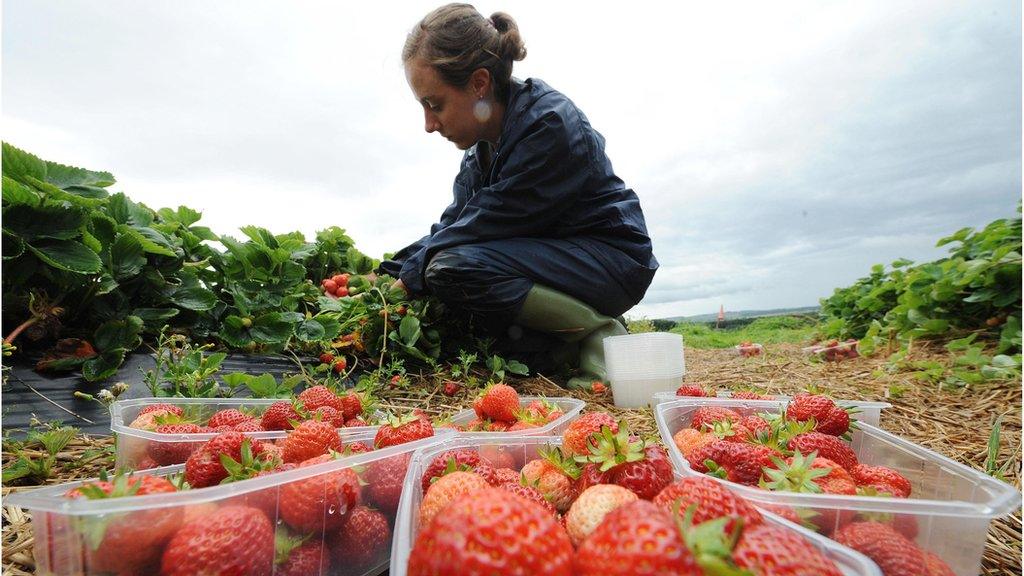Post-Brexit migrant salary plans 'would hit Wales harder'
- Published
- comments
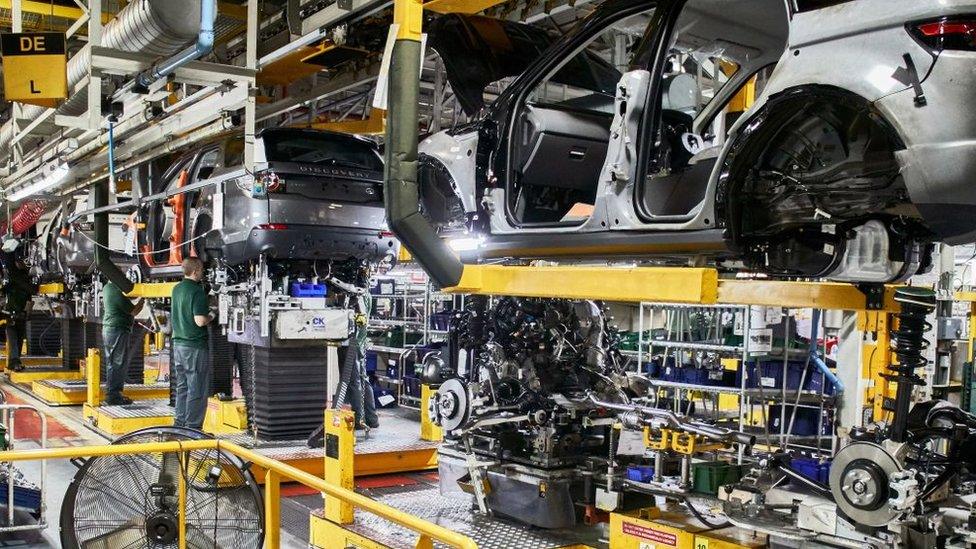
A report said Wales' manufacturing sector would be hit by the plans
A proposed post-Brexit salary threshold for migrants would hit Wales harder than the rest of the UK, a leading economist has warned.
Prof Jonathan Portes said the possible hit to the manufacturing sector was "of particular concern".
A UK government consultation includes a minimum £30,000 salary for skilled migrants seeking five-year visas.
The Home Office said it would allow the UK to attract talented workers and deliver on the referendum result.
One boss in mid Wales said his company employs 30% of its staff from EU countries, adding that there are not enough people locally to fill vacancies.
Prof Portes, a professor of economics at King's College London, was asked by the Welsh Government to consider the possible impact.
"That will hit Wales somewhat harder than the rest of the country," he said.
"Migrants from the EU are not just people who work on farms, quite a large proportion work in manufacturing.
"Although average full-time earnings for the UK as a whole are not far off £30,000, in Wales they're significantly below £30,000."

Prof Portes said there was a worry the UK would be "a less attractive destination for skilled European migrants when free movement ends"
Prof Portes' report calls for the Welsh Government and businesses to press for a lower threshold, claiming £20,000 would "mitigate modestly" the potential impact.
He said "quite a few European migrants who are doing what you might call semi-skilled or medium-skilled jobs", such as manufacturing, would be caught by the £30,000 threshold.
The Home Office said: "The new immigration system, operating from 2021, is designed to help drive up wages and productivity across the UK economy, including in Wales, and will support businesses, communities and our public services.
"We are making every effort to understand the specific needs of the whole of the UK, which is why we are engaging with business, devolved administrations and the public about our plans throughout 2019."


William Watkin says he is worried about the impact the proposed rules would have on his firm
'£30,000 is crazy'
Water and soft drinks bottling company Radnor Hills, in Knighton, Powys, relies on migrant workers for 30% of its staff.
Chief executive officer William Watkins said: "We're trying to employ people locally as well... but here in mid Wales there really isn't so many people about, so it's been crucial to fill those gaps with Eastern European labour.
"This £30,000 figure is crazy, absolutely mad. We need lots of people under the £30,000 and particularly in the food and drink industry.
"That being a set threshold - I think - for the food industry would spell disaster.
"I'm really worried about the potential impact it could have on us if we weren't able to get Eastern European labour."
- Published18 March 2019
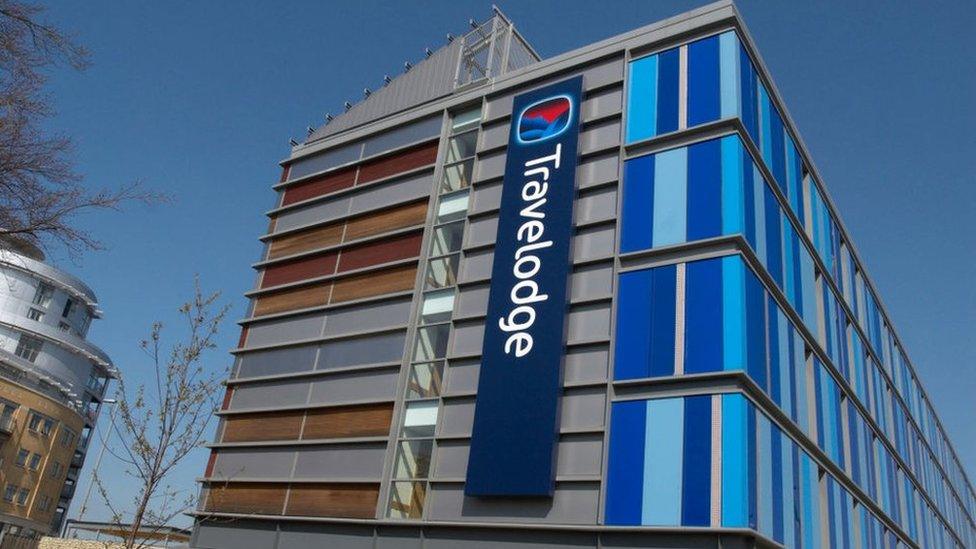
- Published28 February 2019
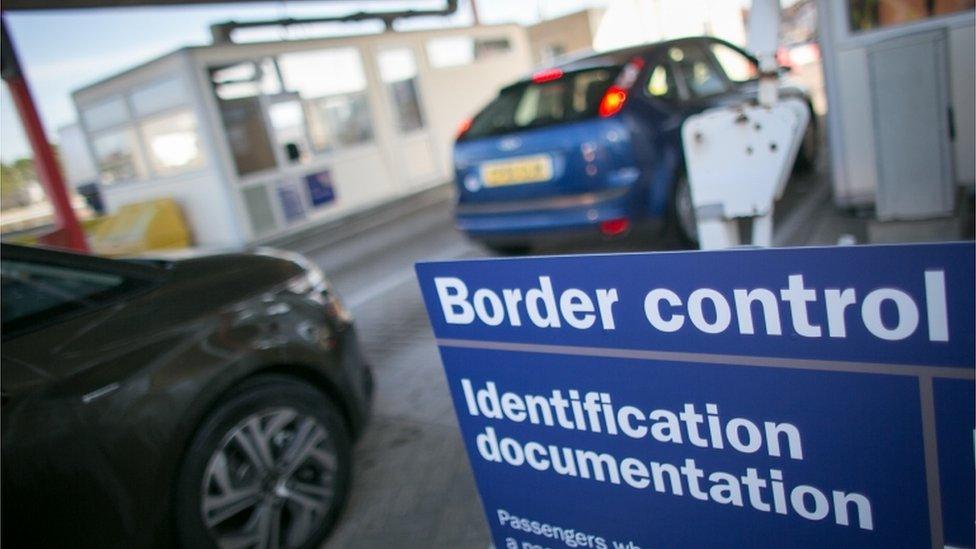
- Published29 November 2018
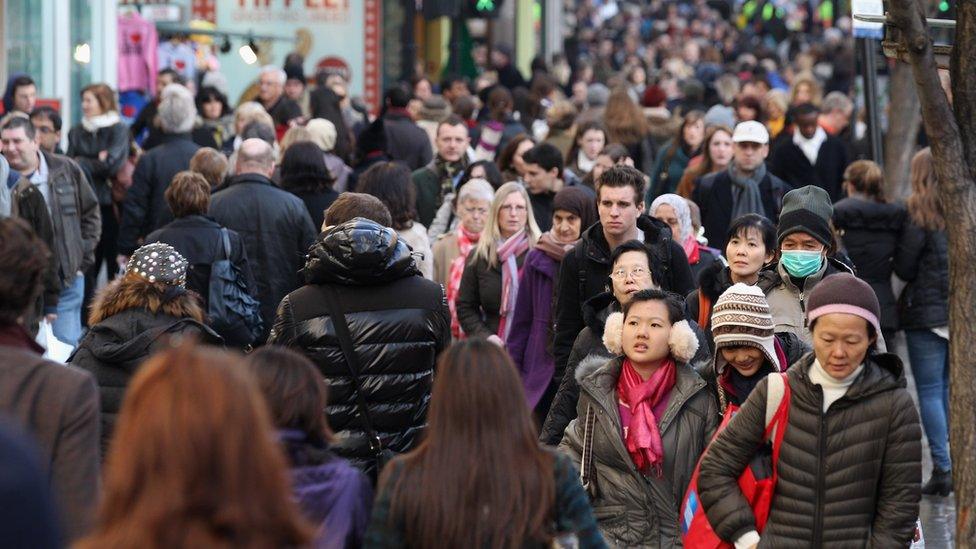
- Published15 March 2019

- Published2 October 2018
